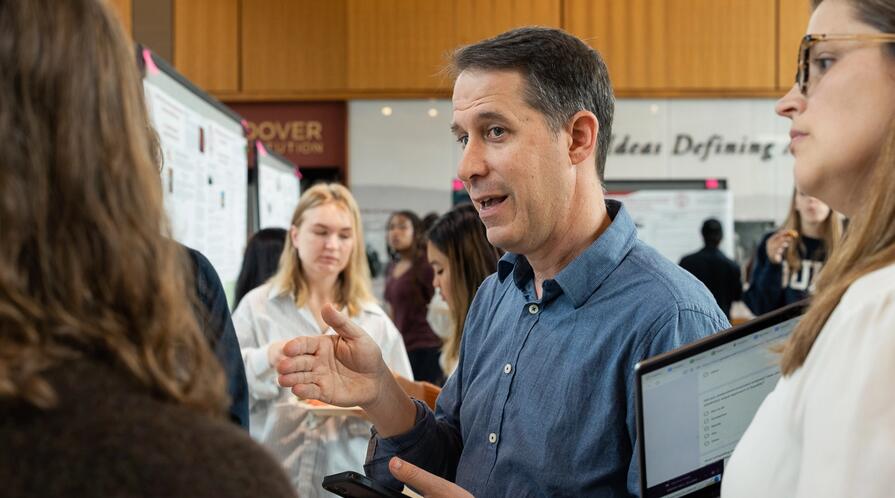EXECUTIVE SUMMARY
The full-scale Russian invasion of Ukraine has heavily affected country’s research and development (R&D) sector. In particular, it has caused considerable damage to research infrastructure and forced researchers to leave their homes, ruined many research teams and paralysed their work, and stopped funding and implementation of many research projects. All these devastating consequences of the full-scale war have piled on top of the existing problems and challenges of Ukrainian science and deepened its long-term crisis.
Recognition and analysis of these systemic challenges implies that the reconstruction of the Ukrainian R&D sector cannot be seen simply as physical rebuilding of the damaged research infrastructure. It is essential to transform the R&D sphere itself and build ways for science to benefit the economy and society. To enable the ‘build back better’ principle of Ukraine’s reconstruction, science, technology and innovation should be the cornerstone of the national reconstruction strategy, and their transformation should be seen as an essential part of the EU accession. This implies that, first, the agency responsible for Ukraine’s reconstruction should have a dedicated unit supervising the R&D sector. And second, Ukraine’s R&D sector should be reformed as early as possible. At the same time, its reforms need to be systemic, accurately designed and appropriately supported. If supported by appropriate resources, the National Council on Science and Technology can start designing these reforms right away.
A crucial and urgent task is helping researchers (who have mostly stayed in Ukraine) remain researchers, that is, ensuring that they do not leave for other sectors. To this end, we suggest that the government, together with international donors, provides stipends to researchers selected on merit-based principles. Furthermore, it is important to support the development of networks and partnerships at different levels - among Ukrainian researchers; among Ukrainian and foreign researchers; among researchers, businesses and local governments. These networks and partnerships will be essential for the future reconstruction of Ukraine.
For the long-term transformation of the science sphere, we suggest the introduction of performance-based funding; the gradual transition of the most capable research teams under the new research societies (created in parallel with existing academies of sciences) with a simultaneous increase in their funding; intensifying European integration of Ukrainian science, including integration of research infrastructure; and data-driven R&D policy development, the foundation for which has been already laid. Closing the gap between education and research is also one of our key recommendations.
ABOUT THE BOOK
This book offers a comprehensive analysis of what Ukraine should become after the war and what tools policymakers can use to fulfill these goals. It provides perspectives from leading scholars and practitioners. While each chapter of the book covers a specific sector, there is a natural overlap across the chapters because Ukraine’s reconstruction should involve a comprehensive transformation of the country. The leitmotif of this book is clear: reconstruction is not about rebuilding Ukraine to the pre-war state; it is about a deep modernisation of the country on its path to European Union accession. All critical elements of the economy and society will have to leapfrog and undergo reforms to help Ukraine escape its post-Soviet legacy and become a full-fledged democracy with a modern economy, strong institutions and a powerful defence sector. Ukraine’s ownership of the reconstruction will be key to its success.










